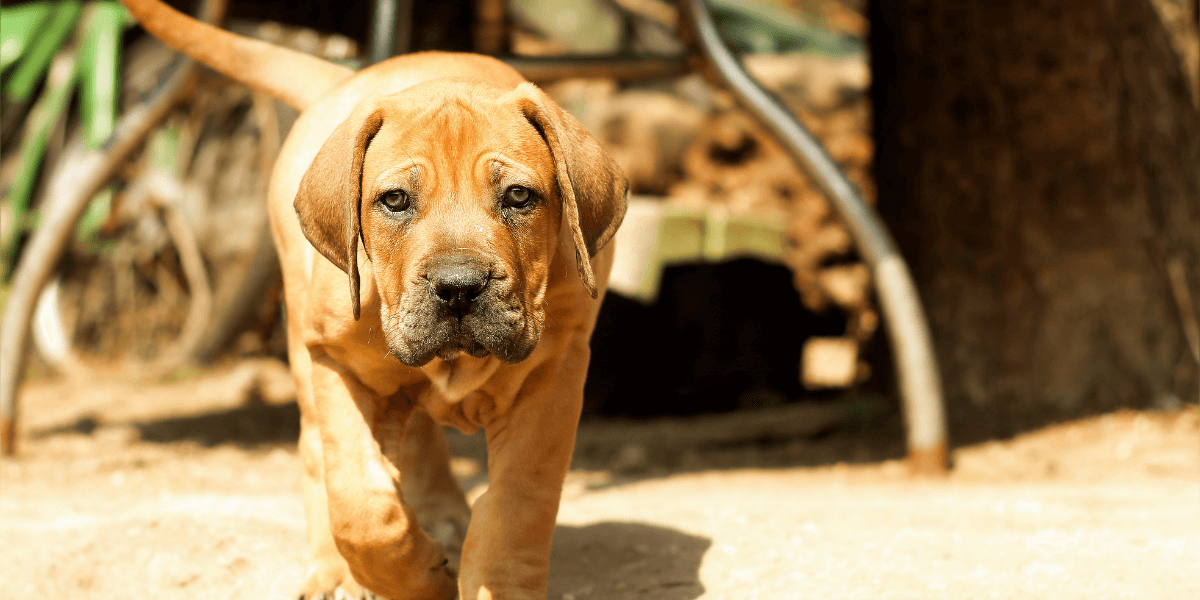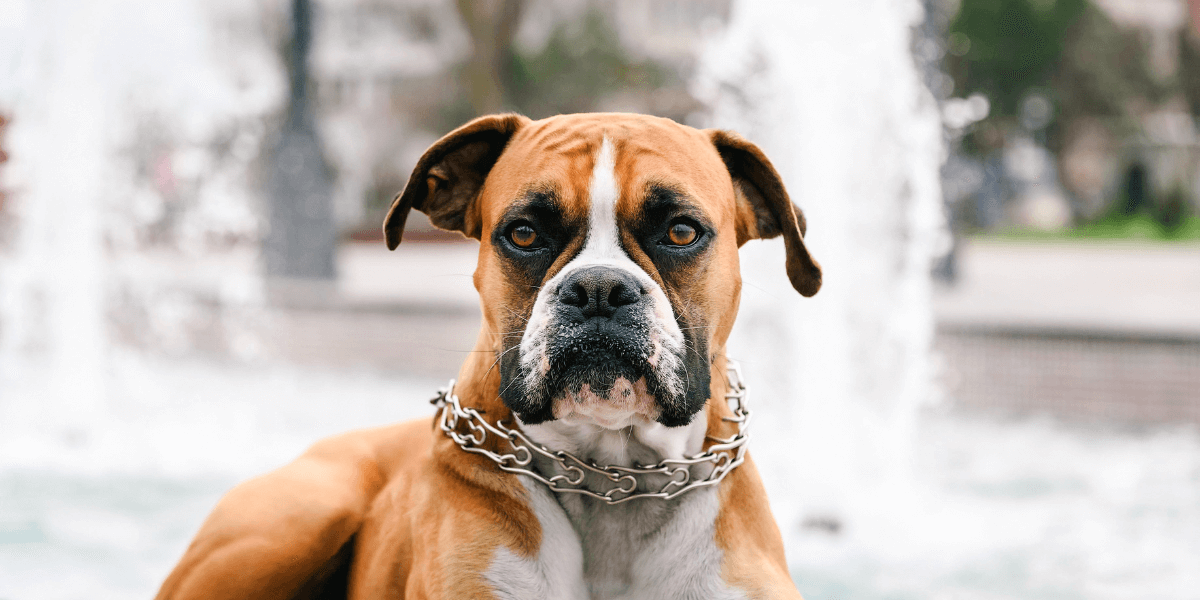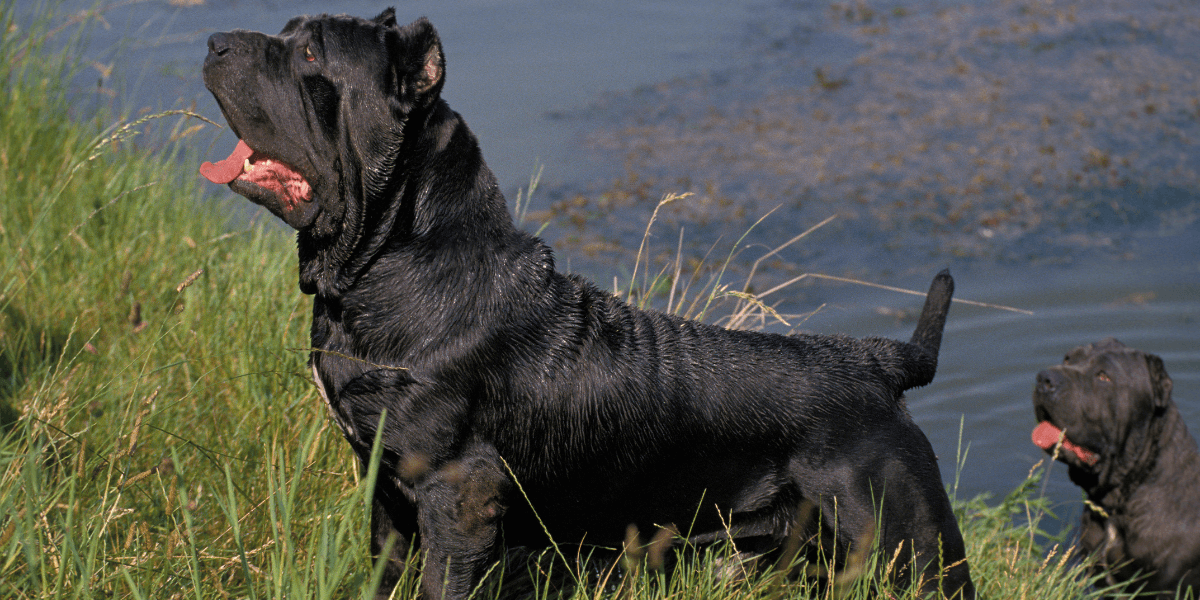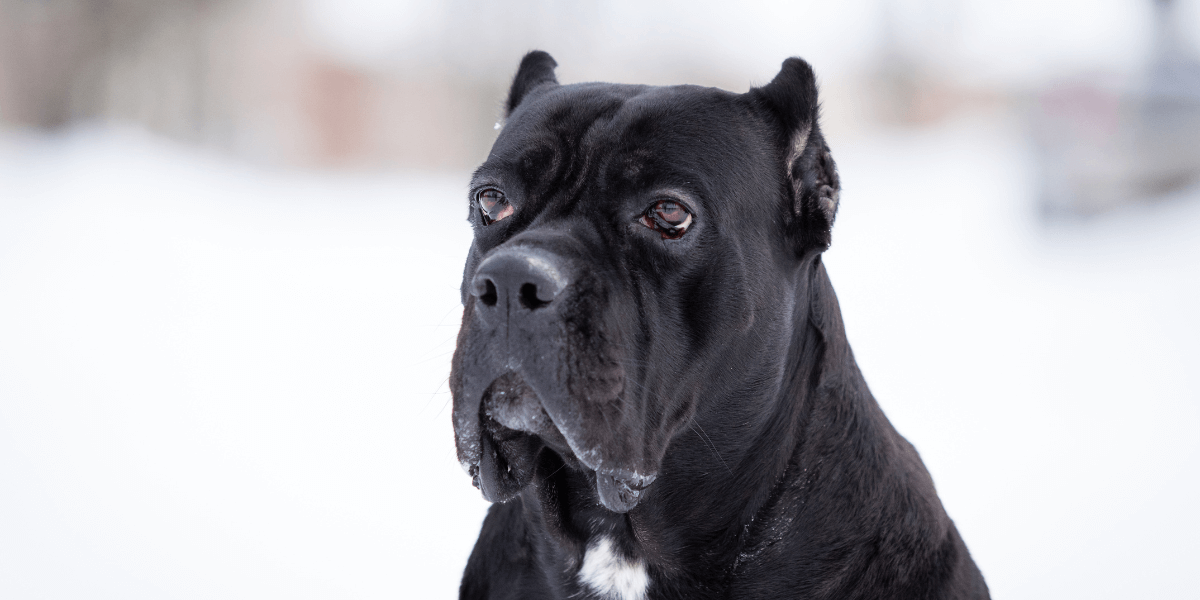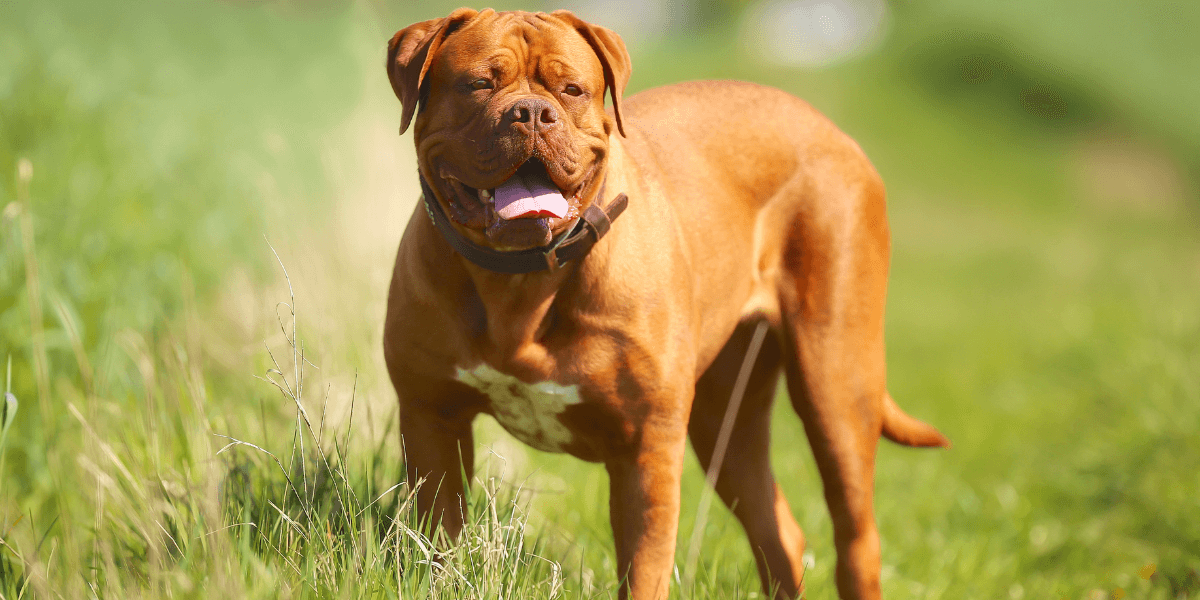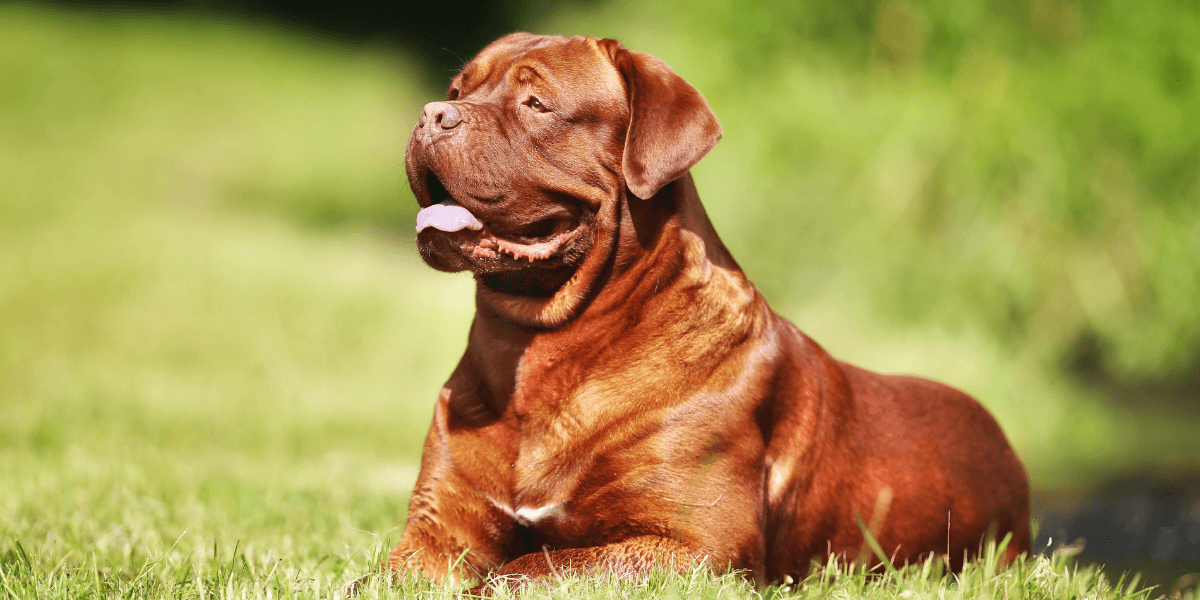Introduction
Mastiff Temperament is a mix of loyalty, protectiveness, and gentle nature
- Discover how Mastiffs balance their protective instincts with their loving side
- Learn about the social behavior of Mastiffs with family and strangers
- Understand how Mastiffs interact with children and other pets
- Explore the temperament variations among different Mastiff breeds
- Find out what training and socialization techniques best suit a Mastiff
- Get insights into the daily care and lifestyle needs of Mastiffs
- See how Mastiff temperament affects their behavior in different environments
1. Mastiff Personality Traits
Mastiffs are often referred to as "gentle giants" due to their calm and loving nature
Here’s what you can expect:
- Loyalty: Mastiffs are fiercely loyal to their families and can form deep bonds with their owners
- Protectiveness: They have a natural protective instinct, making them excellent guard dogs
- Calm Demeanor: Mastiffs generally have a calm and composed nature at home
- Intelligent: They are smart and can be easily trained with consistent guidance
- Affectionate: Mastiffs are known for their affectionate behavior towards family members
Advice: Socialize your Mastiff early to help them develop a balanced temperament
2. Key to a Well-Adjusted Mastiff
Proper socialization is crucial for Mastiffs to develop into well-behaved adults
- Early Exposure: Introduce your Mastiff to a variety of people and animals during their puppyhood
- Positive Reinforcement: Use treats and praise to encourage positive interactions
- Gradual Introductions: Slowly expose your Mastiff to new experiences to build confidence
- Consistent Routine: Maintain a regular socialization schedule to reinforce good behavior
Best Practices: Regularly expose your Mastiff to new experiences to build their confidence
3. Training Tips for Mastiffs
Training a Mastiff requires patience and consistency
Here’s how to approach it:
- Start Early: Begin training your Mastiff as early as possible to instill good habits
- Positive Reinforcement: Reward-based training works best with Mastiffs, as they respond well to praise
- Clear Commands: Use simple and consistent commands to avoid confusion
- Patience is Key: Mastiffs may take longer to learn, so be patient and persistent
- Socialization Training: Incorporate socialization into training to improve behavior with others
Advice: Avoid harsh training methods, as Mastiffs are sensitive and can become anxious
4. Keeping Your Mastiff Active
Despite their size, Mastiffs need regular exercise to stay healthy.
Here’s what you need to know:
- Daily Walks: Aim for at least 30 minutes of exercise each day
- Playtime: Incorporate interactive play to keep them mentally stimulated
- Varied Activities: Mix up exercises with different activities to prevent boredom
- Supervised Outdoor Time: Allow them to explore safely in a secure, fenced area
Best Practices: Avoid excessive exercise during hot weather, as Mastiffs can be prone to overheating
5. Grooming Essentials for Mastiffs
Mastiffs have short coats that are relatively low-maintenance.
But they still require regular grooming
- Brushing: Brush your Mastiff weekly to remove loose hair and reduce shedding
- Bathing: Bathe them needed, but not too frequently to avoid stripping their skin of natural oils
- Ear Care: Check and clean their ears regularly to prevent infections
- Nail Trimming: Keep nails trimmed to avoid discomfort and potential health issues
Check their ears and teeth regularly to prevent infections and dental issues.
6. Feeding Your Mastiff Right
A well-balanced diet is essential for a Mastiff’s health.
Here’s what to consider:
- High-Quality Food: Choose a premium dog food that meets their nutritional needs
- Portion Control: Monitor their weight and adjust their food intake to prevent obesity
- Balanced Diet: Ensure their food includes essential nutrients like proteins, fats, and vitamins
- Hydration: Provide fresh water at all times to keep them well-hydrated
Best Practices: Consult with your vet to determine the best diet for your Mastiff’s age and health status
7. Common Issues in Mastiffs
Mastiffs are prone to certain health conditions due to their size.
Watch out for:
- Hip Dysplasia: A common issue in large breeds that affects joint health
- Obesity: Mastiffs are prone to weight gain, so monitor their diet and exercise regularly
- Heart Issues: Be aware of potential heart conditions, like dilated cardiomyopathy, in Mastiffs
- Bloat: A serious condition where the stomach twists and fills with gas
- Skin Infections: Mastiffs may have skin allergies or infections, needing regular checks
Regular veterinary check-ups are crucial for early detection and management of these issues.
FAQs
1. What is the general temperament of a Mastiff?
- Mastiffs are known for their loyalty and protective nature
2. Are Mastiffs good with children?
- Yes, they are typically gentle and affectionate with kids
3. How does Mastiff temperament affect training?
- Mastiffs are intelligent but can be stubborn; consistent training is key
4. Do Mastiffs get along with other pets?
- They can, especially if socialized properly from a young age
5. What are common behavior issues in Mastiffs?
- Potential issues include guarding behavior and aloofness with strangers
6. How does the Mastiff temperament affect their exercise needs?
- They need moderate exercise but are not overly energetic
7. Are Mastiffs easy to train?
- Their temperament may require patience; they respond well to positive reinforcement
Conclusion
- Mastiff Temperament makes these dogs loyal and protective companions
- Understanding Mastiff temperament helps in better training and socialization
- Regular exercise and mental stimulation are key to a well-adjusted Mastiff
- Consistent positive reinforcement is crucial for a balanced Mastiff behavior
- Mastiffs thrive in environments where they feel secure and valued
- Proper care ensures that the Mastiff's natural temperament is expressed positively
- Assess your living situation to ensure it meets the needs of a Mastiff
- Embrace the unique traits of Mastiff temperament to build a strong bond
Did you find this post helpful?
Share it with your friends and fellow dog lovers!
Let us know your thoughts in the comments!
References
For further reading, check out these reputable sources:
- Mastiff Temperament
- Common Causes of Hip and Joint Pain in Dogs?
- The Best Joint Supplements for Dogs with Hip and Joint Pain
- Mastiff: Dog Breed Characteristics & Care
- 9 Mastiff Breeds That Are Large and Protective
Your Mastiff will thank you for the love and care you provide!

